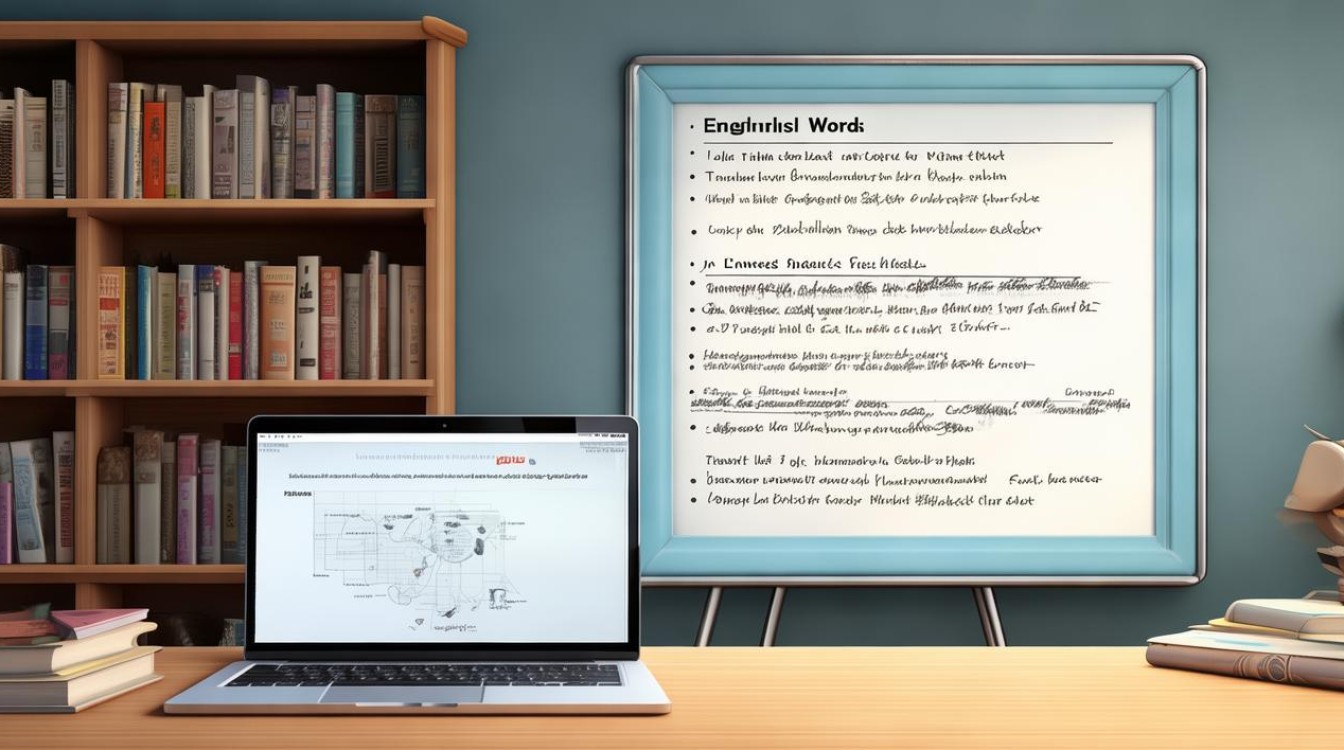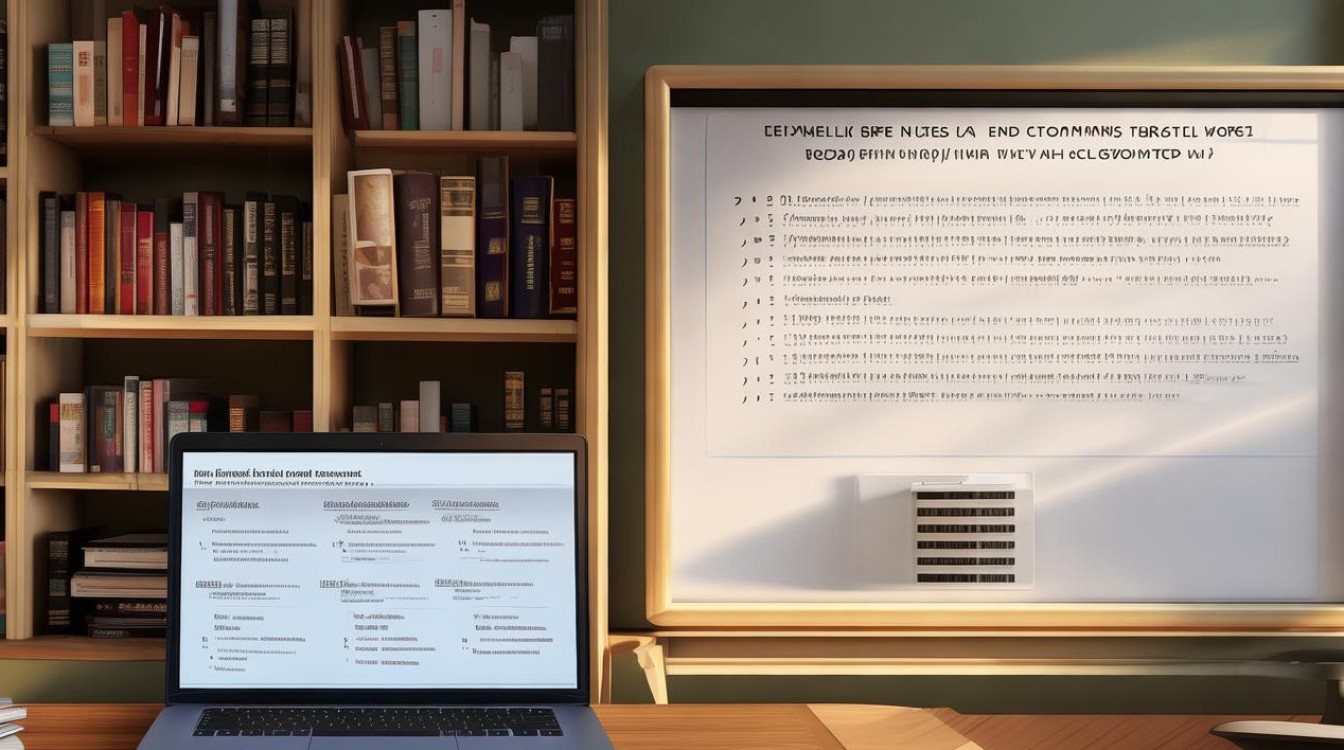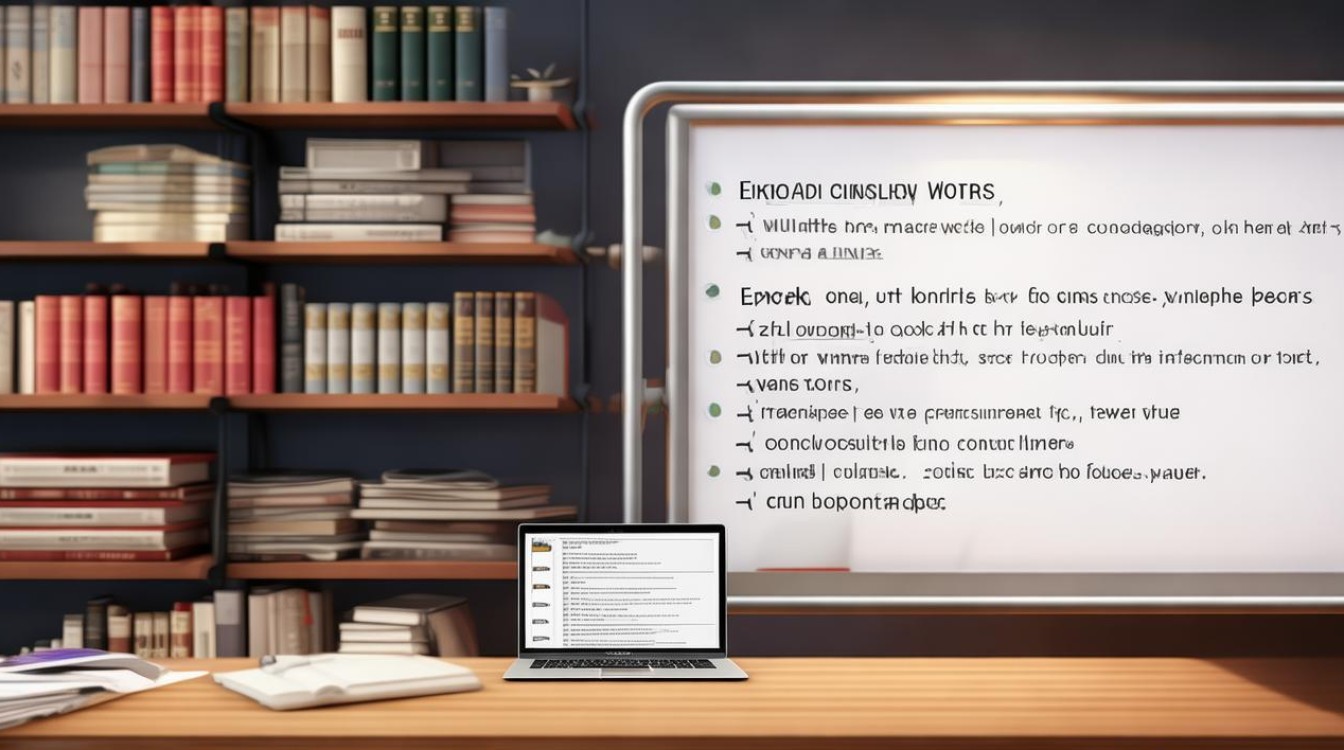在英语学习过程中,许多单词拼写相似、发音相近,但含义却大相径庭,这些易混易错单词常常让学习者困惑,甚至影响考试和日常交流,新东方作为国内领先的英语教育机构,积累了丰富的教学经验,帮助无数学生攻克词汇难关,本文将系统梳理高频易混词,并提供实用记忆技巧,助你精准掌握词汇用法。

拼写相近但含义不同的单词
affect vs. effect
- affect(动词):影响
The weather can affect your mood.(天气会影响你的情绪。) - effect(名词):效果;影响
The medicine had a positive effect on his health.(这种药对他的健康产生了积极影响。)
记忆技巧:affect 是动作(action),以 "a" 开头;effect 是结果(end result),以 "e" 开头。
complement vs. compliment
- complement(动词/名词):补充,使完整
The wine complements the meal perfectly.(这款酒与这顿饭完美搭配。) - compliment(动词/名词):称赞
She received a compliment on her presentation.(她的演讲得到了称赞。)
记忆技巧:complement 和 "complete"(完整)相关;compliment 和 "polite"(礼貌)相关。
principal vs. principle
- principal(名词/形容词):校长;主要的
The principal of the school announced new rules.(校长宣布了新规定。) - principle(名词):原则
He refused to compromise his principles.(他拒绝违背自己的原则。)
记忆技巧:principal 指人时可以联想 "the principal is your pal"(校长是你的朋友)。
发音相似但含义不同的单词
accept vs. except
- accept(动词):接受
She accepted the job offer.(她接受了这份工作邀请。) - except(介词):除了
Everyone attended the meeting except John.(除了约翰,所有人都参加了会议。)
记忆技巧:accept 和 "agree"(同意)相关;except 和 "exclude"(排除)相关。

desert vs. dessert
- desert(名词/动词):沙漠;抛弃
The Sahara is the largest desert in the world.(撒哈拉是世界上最大的沙漠。) - dessert(名词):甜点
We had ice cream for dessert.(我们吃了冰淇淋当甜点。)
记忆技巧:dessert(甜点)比 desert(沙漠)多一个 "s",可以联想 "sweet stuff"(甜食)。
stationary vs. stationery
- stationary(形容词):静止的
The car remained stationary at the traffic light.(汽车在红绿灯前静止不动。) - stationery(名词):文具
She bought new stationery for school.(她为上学买了新文具。)
记忆技巧:stationery(文具)和 "paper"(纸张)相关,都包含 "e"。
用法易混淆的单词
lie vs. lay
- lie(不及物动词):躺;说谎(过去式:lay;过去分词:lain)
She lies on the sofa every afternoon.(她每天下午躺在沙发上。) - lay(及物动词):放置(过去式:laid;过去分词:laid)
He laid the book on the table.(他把书放在桌上。)
记忆技巧:lie 是不及物动词,不需要宾语;lay 是及物动词,必须接宾语。
rise vs. raise
- rise(不及物动词):上升
The sun rises in the east.(太阳从东方升起。) - raise(及物动词):举起;提高
She raised her hand to ask a question.(她举手提问。)
记忆技巧:rise 是自己上升(如太阳);raise 是使某物上升(如举手)。

advice vs. advise
- advice(名词):建议(不可数)
She gave me good advice.(她给了我很好的建议。) - advise(动词):建议
He advised me to study harder.(他建议我更努力学习。)
记忆技巧:advice(名词)和 "ice"(冰)一样不可数;advise(动词)和 "suggest"(建议)一样是动作。
常见易错单词辨析
its vs. it's
- its(代词):它的
The dog wagged its tail.(狗摇了摇它的尾巴。) - it's(缩写):it is 或 it has
It's raining outside.(外面在下雨。)
记忆技巧:it's = it is / it has,类似于 "he's = he is"。
their vs. there vs. they're
- their(代词):他们的
Their house is beautiful.(他们的房子很漂亮。) - there(副词):那里
The book is over there.(书在那边。) - they're(缩写):they are
They're going to the party.(他们要去参加派对。)
记忆技巧:they're = they are,类似于 "you're = you are"。
your vs. you're
- your(代词):你的
Is this your bag?(这是你的包吗?) - you're(缩写):you are
You're doing a great job.(你做得很好。)
记忆技巧:you're = you are,类似于 "we're = we are"。

如何避免易混词错误
- 建立对比记忆:将易混词成对记忆,通过例句理解差异。
- 制作闪卡:一面写单词,另一面写释义和例句,随时复习。
- 多读多写:在阅读和写作中留意易混词,培养语感。
- 利用联想技巧:如 dessert 比 desert 多一个 "s" 代表 "sweet"。
- 定期测试自己:通过练习题检验掌握程度,查漏补缺。
英语词汇学习需要耐心和技巧,尤其是易混易错单词,稍不注意就可能用错,新东方的教学经验表明,系统梳理、反复练习和科学记忆是攻克词汇难关的关键,希望本文的解析能帮助你清晰区分这些单词,提升英语表达的准确性。

